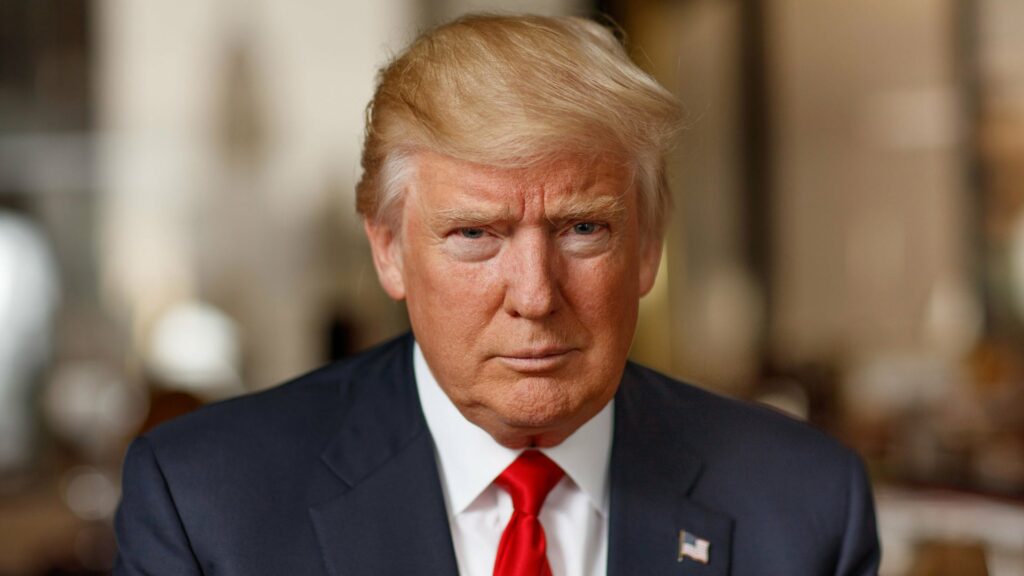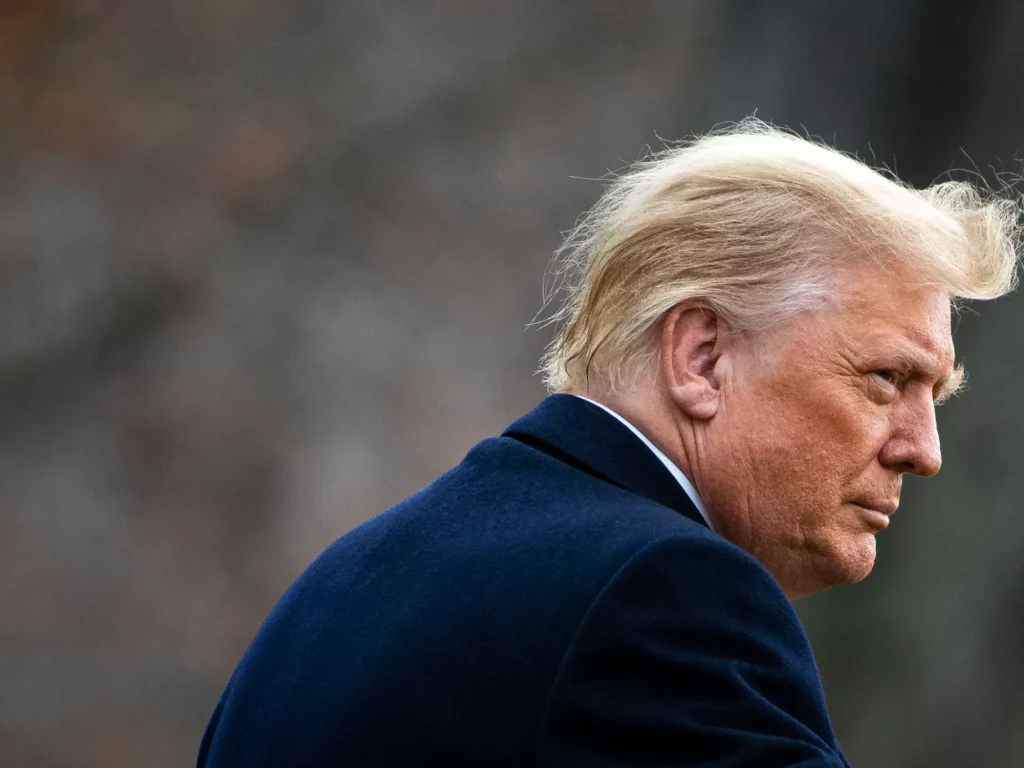In the shadow of the 2024 election, President Joe Biden’s climate legacy faces a formidable challenge. Though Biden himself might not be on the ballot, his ambitious $1.6 trillion climate and infrastructure agenda certainly is. Enter former President Donald Trump, who is poised to dismantle Biden’s green initiatives if he regains power.
Trump has made his intentions clear: he plans to unravel Biden’s pro-climate reshaping of the American economy, a plan that involves over a trillion dollars in spending. This showdown promises to be one of the defining battles of the upcoming election, with repercussions for the future of renewable energy, electric vehicles, and efforts to combat climate change.

Trump’s Arsenal: Tools of Disruption
Even if Trump defeats Vice President Kamala Harris in November, his path to dismantling Biden’s agenda is not without obstacles. However, he possesses several powerful tools to hinder, rewrite, or delay Biden’s climate, energy, and infrastructure initiatives. Republican officials and government spending experts suggest that the extent of Trump’s success would depend on his willingness to aggressively pursue these changes.
Trump has been ambiguous about which specific parts of Biden’s programs he would target, but his disdain for the climate agenda is unmistakable. In his acceptance speech at the Republican National Convention, Trump declared, “All of the trillions of dollars that are sitting there not yet spent, we will redirect that money for important projects like roads, bridges, dams and we will not allow it to be spent on meaningless Green New Scam ideas.” He exaggerated the amount of unspent funds, but his message was clear.
The GOP platform echoes Trump’s sentiments, calling for the termination of the “Socialist Green New Deal” and an end to Biden’s “ELECTRIC VEHICLE MANDATE.”
Potential Roadblocks
Despite Trump’s assertive stance, several factors could impede his efforts. Republican governors and lawmakers benefiting from Biden’s programs might resist their repeal. Trump could also face legal and practical challenges in retracting funds already allocated or spent by Biden’s administration. Moreover, the hundreds of billions designated for transportation and energy projects, placed in states’ hands by Congress, present another layer of complexity.
Administration officials remain hopeful, asserting that unless Congress repeals Biden’s programs, Trump would be legally required to implement them. However, Trump has claimed he possesses the authority to override Congress’s spending decisions. Recently, the Supreme Court granted presidents broad immunity from legal consequences for openly defying the law, adding another dimension to this high-stakes battle.
The Clock is Ticking
Time is of the essence. As of April, less than 17 percent of Biden’s $1.1 trillion in energy, climate, technology, and infrastructure investments had been spent, according to a POLITICO analysis of federal data. The slow pace is attributed to the complex process of disbursing grants and formulating regulations for energy tax breaks.
Besides outright repealing Biden’s programs, Trump could redirect funds towards his priorities, such as boosting oil, natural gas, and coal industries. With Congress’s support, he might also use the money to offset the costs of renewing his 2017 tax law, estimated at $4.6 trillion.

Immediate Actions
One of Trump’s most straightforward strategies involves rewriting tax rules. The Inflation Reduction Act, a cornerstone of Biden’s climate law, includes an estimated $527 billion in tax incentives for low-carbon technologies like electric vehicles and renewable energy. Congress left the implementation details to the Treasury Department, much of which remains incomplete. Trump’s Treasury appointees could rewrite or reinterpret these rules without needing Congress’s approval.
Leave a Reply